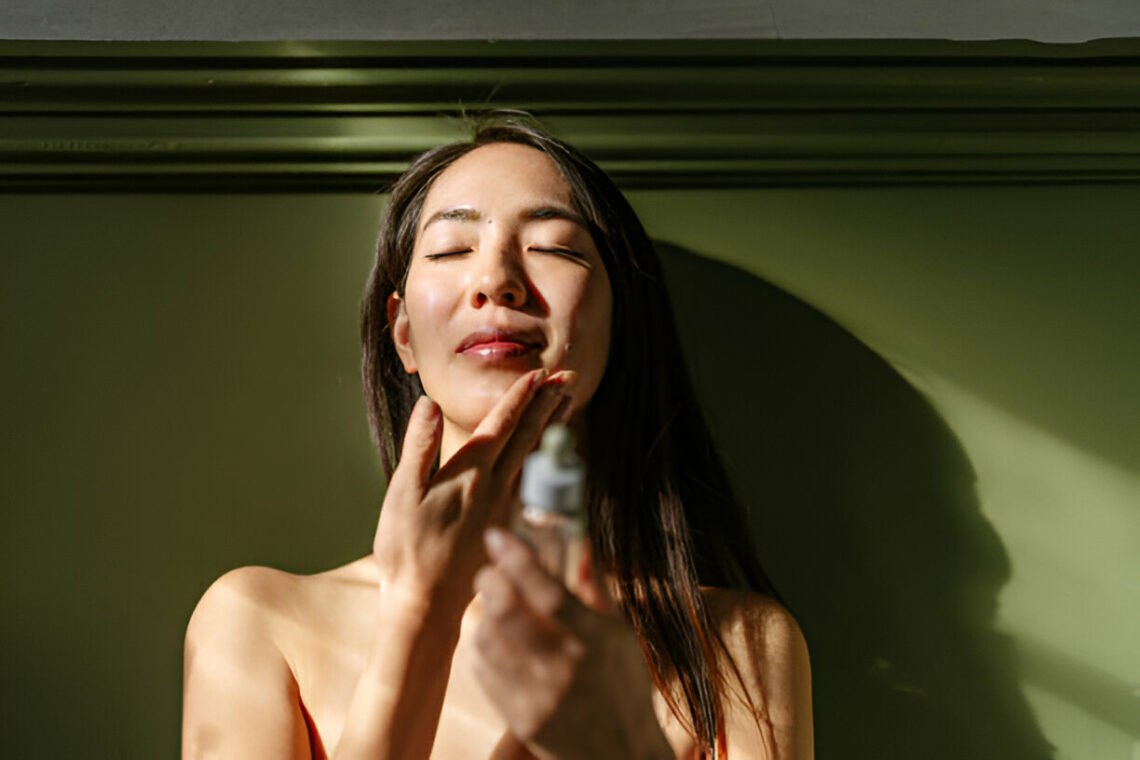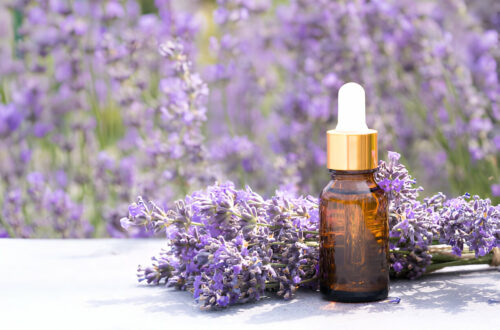Olive oil is a common kitchen ingredient known for its health benefits. It may also be great for your skin. Rich in vitamins and antioxidants, olive oil can help moisturize the skin, reduce signs of aging, and soothe sun damage, making it one of the best oils for skin.
You can use olive oil directly on your skin or find it in skincare products like facial cleansers and lotions. This article covers the benefits and risks of using olive oil on your skin.

What’s in Olive Oil?
Olive oil is a nutrient-rich oil made by pressing olives to extract their oil. It is high in healthy monounsaturated fats and antioxidants, which can be good for your skin when applied directly. For similar benefits, you might also use coconut oil for skin care.
Olive oil helps lock in moisture, making it useful for extra hydration and treating dry skin.
Many beauty products, such as soaps and lotions, include olive oil for its skin benefits.
Olives are soft fruits, like peaches and plums, and can bruise easily, affecting the oil’s quality.
To ensure you get a high-quality product, look for olive oils that say “hand-picked olives” on the label.
Olive Oil’s Benefits for Skin
Olive oil is full of vitamins, healthy fats, and antioxidants that can make your skin look better. It helps keep your skin moisturized by locking in moisture, and its antioxidants may reduce signs of aging. For similar effects, you might also use rosehip oil for face.
Here are the known skin benefits of olive oil:
Moisturizes the Skin
Olive oil contains squalene and vitamin E. Squalene helps the skin hold onto moisture, while vitamin E improves the skin’s ability to absorb and keep water. For similar benefits, you might also consider using argan oil for face or jojoba oil for face.
Reduces the Signs of Aging
Olive oil is full of antioxidants. These can fight oxidative stress, which contributes to skin aging. Antioxidants also help boost collagen levels in the skin. Consider checking WILEY ONLINE LIBRARY to get more details.

Helps Cleanse the Skin
Olive oil can dissolve oily residue on the skin because like attracts like. It can also be used to remove certain types of makeup, especially waterproof products.
Promotes Wound Healing
Olive oil has anti-inflammatory and antimicrobial properties that can help with wound healing. Studies suggest it may help heal diabetic foot ulcers and prevent pressure ulcers.
Side Effects of Olive Oil
While olive oil has many benefits, it may not be suitable for everyone. Too much olive oil on your skin can clog pores and cause acne. It might also irritate your skin.
Early research suggests that using olive oil on the skin could damage the skin’s protective barrier, potentially leading to sensitive skin or atopic dermatitis.
If you have sensitive skin, use olive oil cautiously. It is generally advised to avoid using it on infants, as it may affect their skin barrier.
There are two ways to start using olive oil in your skincare routine:
- Buy Products with Olive Oil: Many facial cleansers, soaps, and moisturizers now contain olive oil as a main ingredient.
- Use Olive Oil from Your Pantry: You can also use the olive oil you already have at home. To keep it effective, store it in a cool, dry place away from light and heat.

Start with a Patch Test
To check if your skin can handle olive oil, apply a few drops to a small area of skin and wait for one to two days. If you don’t see any reactions, it should be safe to use on a larger area. For alternative options, you might also consider castor oil for skin care.
Facial Moisturizer
Olive oil can be used daily or whenever your skin feels dry.
Apply a thin layer to your face after cleansing. It helps lock in moisture, so use it after applying lotion and before putting on makeup.
If you use sunscreen in the morning, apply a thin layer of olive oil just before your sunscreen and gently remove any excess.
Body Moisturizer
To use olive oil as a skin moisturizer:
- Choose high-quality extra virgin olive oil with no added chemicals.
- Apply a small amount to your skin after washing—it goes a long way.
- Wipe away any extra oil with a clean towel. This helps prevent clogged pores and breakouts.
Makeup Remover
Olive oil can help remove stubborn makeup at the end of the day.
It naturally lifts makeup from your skin, making your regular cleanser work better.
Topical olive oil may offer some skin benefits and can be used as a natural moisturizer or makeup remover. Always wipe away any excess oil and avoid using it on sensitive skin to prevent reactions.





